The Ministry of Finance affirmed that it is necessary to study solutions to collect taxes on houses in general or taxes on ownership of many houses and lands in particular; the cash flow from Hanoi is shifting to the South... are the latest real estate news.
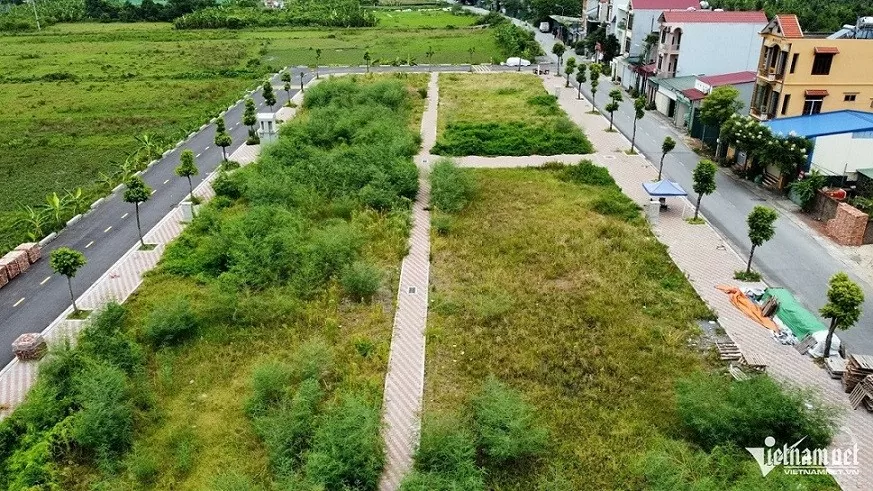 |
| Latest real estate: A plot of land auctioned in Thanh Oai district, Hanoi. (Source: Vietnamnet) |
Ministry of Finance has comments on second real estate tax
Regarding the imposition of real estate tax on cases of owning and using many houses and lands, on December 6, the Ministry of Finance said that in order to improve the efficiency of land management and use, it is necessary to study solutions for collecting taxes on houses in general or taxes on owning many houses and lands in particular.
Recently, the Ministry of Finance said it has received some public opinions that imposing real estate tax on cases of owning and using many houses and lands at this time is not appropriate, and it is necessary to carefully study the time and method of taxing to avoid causing shock leading to massive sell-offs in the market.
According to the Ministry of Finance, the State has currently issued revenues related to real estate arising in the process of establishing ownership and use rights of real estate (land use fees, land rent, registration fees); real estate use (non-agricultural land use tax, agricultural land use tax. However, currently, in Vietnam, there are no revenues for houses (in use) and real estate transfers (corporate income tax, personal income tax, value added tax).
The Ministry of Finance said that in order to institutionalize the policies and orientations stated in Resolution No. 18-NQ/TW dated June 16, 2022 of the 13th Party Central Committee on continuing to innovate and perfect institutions and policies, improving the effectiveness and efficiency of land management and use, creating momentum to turn our country into a high-income developed country, it is necessary to have appropriate solutions, consistent with the conditions and context, including researching solutions to collect taxes on houses in general or taxes on ownership of multiple houses and land in particular.
At the same time, the personal income tax policy on income from real estate transfers also needs to be amended to suit the new requirements and context, as well as practices in some countries. Thereby, the use of houses and land is economical and effective, contributing to limiting speculation, promoting the development of the real estate market in a transparent, stable and sustainable manner.
The Ministry of Finance is researching and synthesizing international experience, identifying difficulties and shortcomings in the implementation of tax policies related to real estate (including cases of using large areas of land, housing, abandoned land, land that has been allocated or leased but is slow to be put into use) to report to competent authorities at the appropriate time, ensuring consistency with Vietnam's socio-economic conditions, international practices as well as the consistency of the tax policy system related to real estate.
The implementation of tax policy reform related to real estate is placed within the overall implementation of the Strategy for reforming Vietnam's tax system to 2030 approved by the Prime Minister.
Recently, the Ministry of Finance has issued an official dispatch to widely solicit opinions from relevant organizations and individuals on the proposal to develop a new Personal Income Tax Law to replace the current Personal Income Tax Law, including research and amendment of personal income tax policy on income from real estate transfers.
The Ministry of Finance will synthesize and study comments; review and evaluate the Law on Personal Income Tax to report to the Government, report to the National Assembly Standing Committee, and the National Assembly to consider amendments and supplements according to the National Assembly's Law-making Program.
Previously, to limit real estate speculation, the Ministry of Construction recently proposed a solution to tax people who own two or more houses or lands./.
Money flows looking for opportunities to "go South"
According to data from Batdongsan.com.vn , the number of Hanoians searching for real estate in Ho Chi Minh City in November 2024 increased by 7% compared to January 2024. In contrast, the number of Ho Chi Minh City people searching for real estate in Hanoi decreased by 12% in the same period.
The survey also showed that 66% of Hanoians are interested in real estate in the South. In addition, suburban areas and satellite markets of Ho Chi Minh City are also of interest to real estate seekers from Hanoi. These markets are Binh Duong, Long An, Dong Nai, Ba Ria Vung Tau, etc.
The types of real estate that Hanoi consumers are most interested in in the Southward trend are apartments, with 75% of Hanoi consumers choosing them. Next are townhouses/shophouses with 53%, land plots with 53%, private houses/residential houses with 39%, villas with 29%, and resort real estate with 28%.
According to Mr. Tuan, the motivation for Hanoi investors to shift to the Southern markets comes from the following reasons: Potential real estate market (70%), prices are at a fairly good level (46%), there are new good quality real estate projects (27%), plans to settle down/move to the South (22%), real estate prices in the area where they live are too high (21%), introduced by acquaintances/brokers (10%).
So what obstacles are Hanoi consumers facing in the process of researching the Southern real estate market? Mr. Tuan emphasized that the biggest obstacles that Hanoi investors are facing when coming to the South are arranged according to the survey level as follows: not understanding the Southern market (36%), concerns about legal issues (18%), high real estate prices (14%), concerns about growth potential (13%), concerns about the investor's handover progress (10%), no reasonable real estate projects to be interested in and research (6%), other reasons account for 3%.
Hanoi allocates nearly 30,500m2 of land for auction and construction of social housing
Vice Chairman of the City People's Committee Nguyen Trong Dong has just signed a decision to hand over nearly 30,500 square meters of land in Tam Hung commune, Thanh Oai district to the Thanh Oai district People's Committee to implement the project of Building technical infrastructure for auctioning land use rights in Cung Trong area, Dai Dinh village, Tam Hung commune.
The above land area is agricultural land of households, individuals and land managed by Tam Hung Commune People's Committee, confirmed by Thanh Oai District People's Committee to have completed site clearance work.
In the total area of nearly 30,500m2 of land, there are nearly 10,000m2 of residential land for management and organization of land use rights auctions according to regulations.
The form of land allocation for Thanh Oai District People's Committee is land allocation without land use fee collection. For those who win the land use right auction, the State allocates land with land use fee collection. The land use term is according to the investment project implementation term as prescribed. People who buy houses attached to land use rights are entitled to stable and long-term use.
Nearly 5,000m2 of land (lot coded XH) for building social housing (implemented according to a separate project). The rest is land for trees, sidewalks and traffic, no construction, including fences... Form of land use, land allocation without collecting land use fees.
Thanh Oai District People's Committee is responsible for investing in the construction of technical infrastructure in sync with the general technical infrastructure of the area according to the approved planning. Long-term land use term. Land allocation method, land allocation without auction of land use rights, without bidding to select investors to implement projects using land.
The City People's Committee assigned the Thanh Oai District People's Committee (Thanh Oai District Land Fund Development Center) to contact the Department of Natural Resources and Environment to receive land handover on site.
At the same time, prepare a plan for auctioning land use rights and submit it to the competent authority for approval and organize the auction of land use rights in accordance with the prescribed order and procedures...
District and county levels are assigned and leased interspersed public land.
The Department of Natural Resources and Environment (DONRE) of Ho Chi Minh City is seeking opinions on a draft regulation on reviewing, publicly announcing, and making a list of small, narrow, and interspersed land plots managed by the state, and the allocation and leasing of these plots.
Previously, the review, cataloging, allocation and leasing of small, narrow, and interspersed public land plots in Ho Chi Minh City was carried out according to Decision No. 37 issued on September 5, 2023.
However, based on the 2024 Land Law and related decrees, the criteria for determining, allocating and leasing small, narrow, and interspersed public land plots in Decision No. 23 are no longer appropriate. Previously, the regulation had 15 articles, but the draft has only 11 articles.
In addition to the criteria for determining small, narrow, and interspersed public land plots, the draft being consulted also stipulates the principles for land allocation and leasing.
According to the procedure, in the second quarter of each year, the People's Committee at the commune level will review and make a list of small, narrow, and interspersed public land plots and then must publicly post this list.
At the same time, the People's Committee at the commune level must notify in writing the adjacent land users to get their opinions on the proposed plan to use the small, narrow land plot for public purposes, to assign or lease it; to get opinions on the area, boundaries, current status, etc.
After the listing is completed, the Commune People's Committee will make a record, compile it and report to the District People's Committee. Next, the District People's Committee will direct relevant units to inspect and review to compile the list as a basis for approval.
Based on the results of this approval, and after the annual land use plan is approved and the management and use of small, narrow, and interspersed public land plots are publicly posted, the District People's Committee will consider and decide.
For land plots used for public purposes, the District People's Committee is responsible for directing relevant units to manage and implement according to regulations.
For land plots where the assignment or lease to adjacent users is under the authority of the District People's Committee, the decision is made. If it is under the authority of the City People's Committee, the Department of Natural Resources and Environment will guide the implementation.
Source: https://baoquocte.vn/bat-dong-san-moi-nhat-dong-tien-dang-nam-tien-bo-tai-chinh-y-kien-ve-danh-thue-khi-so-huu-nhieu-nha-dat-ha-noi-giao-30000m2-dat-de-dau-gia-296481.html


![[Photo] President Luong Cuong awarded the title "Heroic City" to Hai Phong city](https://vphoto.vietnam.vn/thumb/1200x675/vietnam/resource/IMAGE/2025/5/13/d1921aa358994c0f97435a490b3d5065)
![[Photo] Prime Minister Pham Minh Chinh receives Ambassador of the French Republic to Vietnam Olivier Brochet](https://vphoto.vietnam.vn/thumb/1200x675/vietnam/resource/IMAGE/2025/5/13/f5441496fa4a456abf47c8c747d2fe92)
![[Photo] President Luong Cuong attends the inauguration of the international container port in Hai Phong](https://vphoto.vietnam.vn/thumb/1200x675/vietnam/resource/IMAGE/2025/5/13/9544c01a03e241fdadb6f9708e1c0b65)

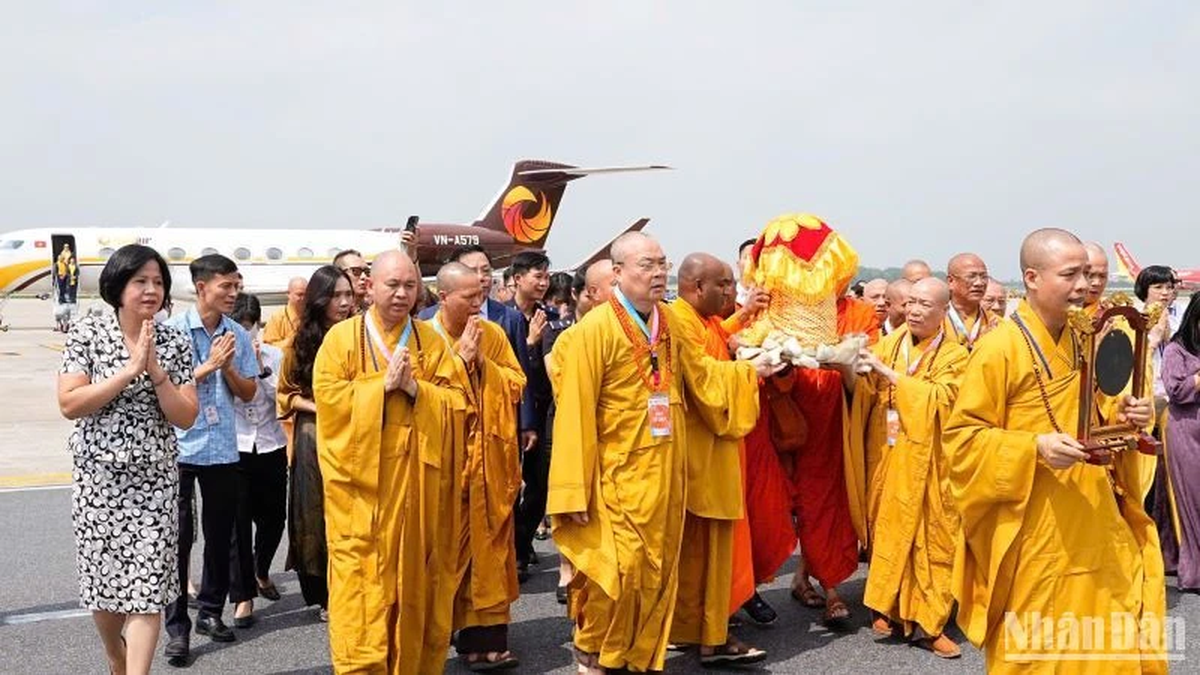
![[Photo] Many people in Hanoi welcome Buddha's relics to Quan Su Pagoda](https://vphoto.vietnam.vn/thumb/1200x675/vietnam/resource/IMAGE/2025/5/13/3e93a7303e1d4d98b6a65e64be57e870)
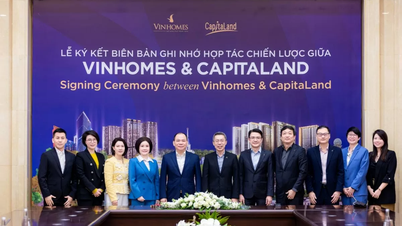



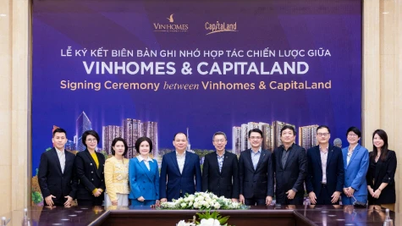



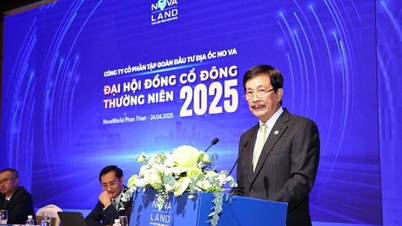


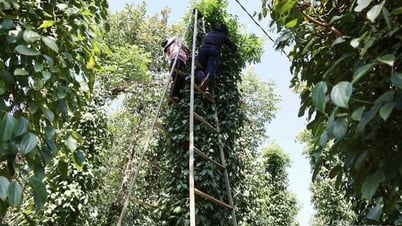
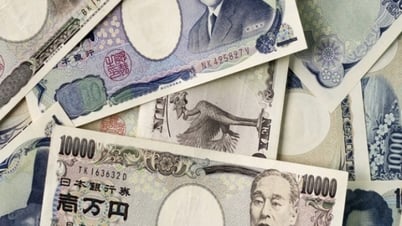







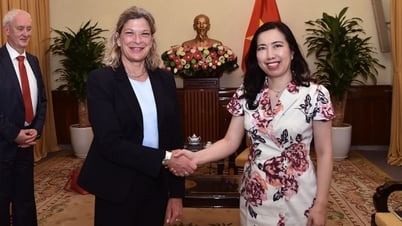

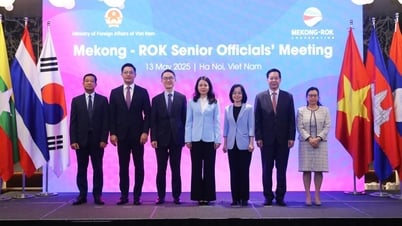
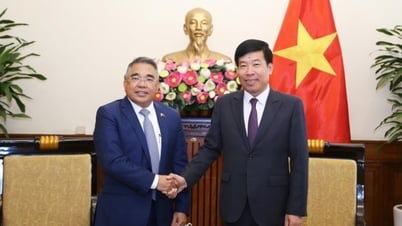

















































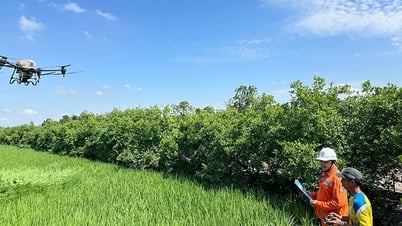


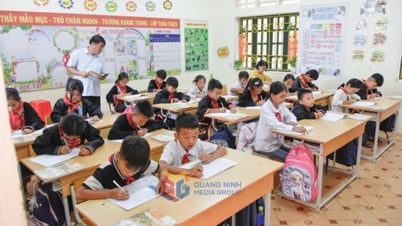


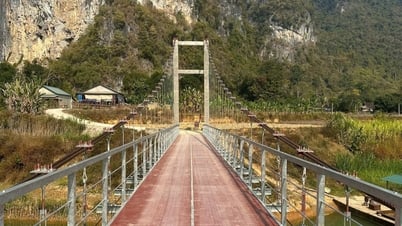

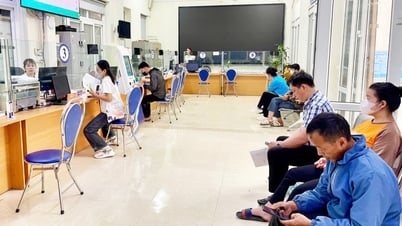









Comment (0)